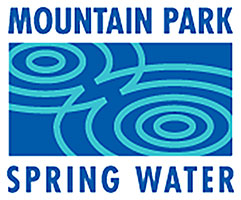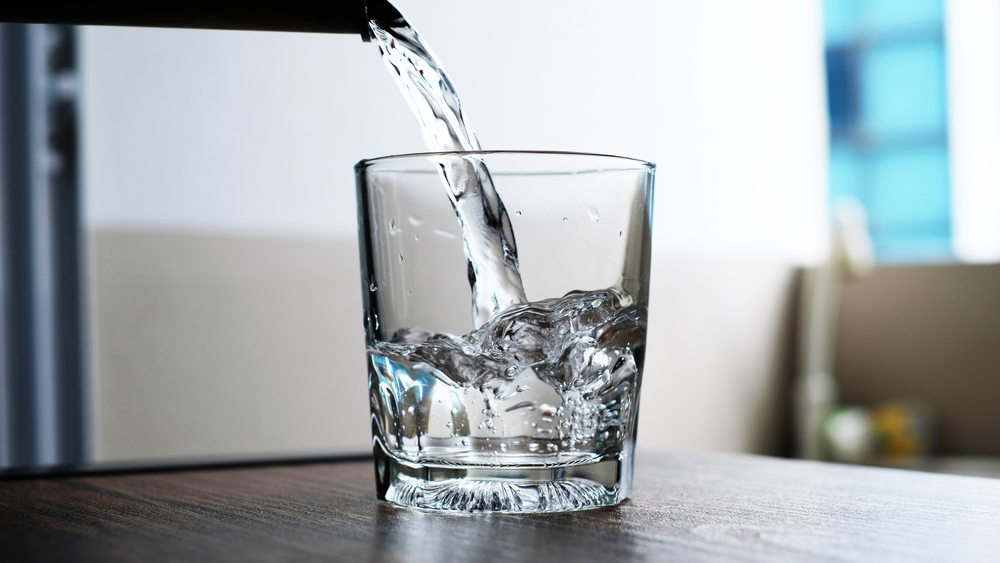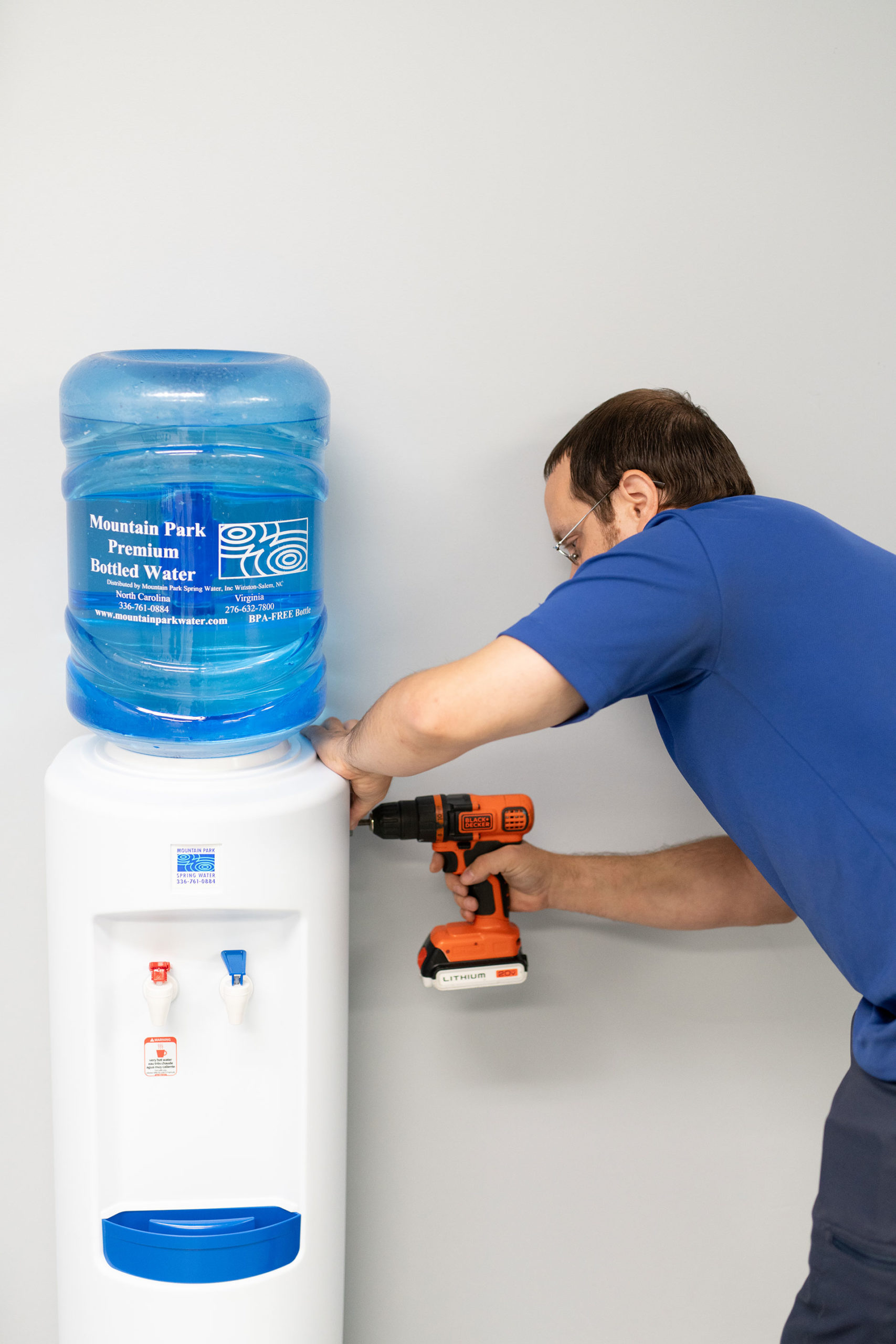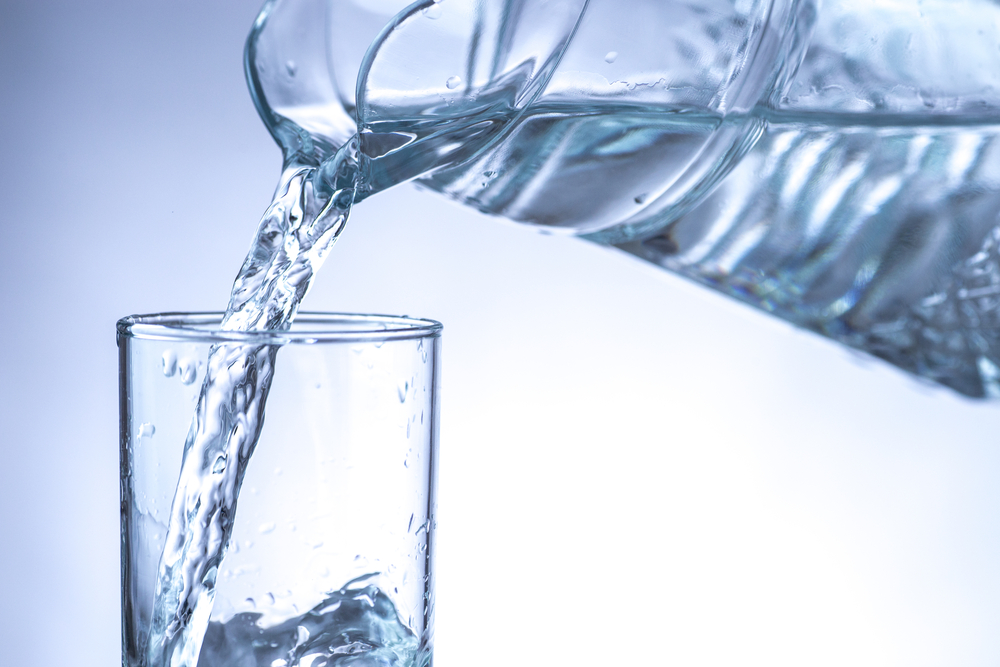Access to clean, safe water is essential for daily living, whether for drinking, cooking, or other household uses. While many people rely on bottled water for their hydration needs, others are turning to point of use water filtration systems as a convenient and sustainable alternative. But is a point of use water filtration system the
CONTINUE READINGAuthor: hallenmedia
Best Home Water Dispenser: Features to Consider
When it comes to staying hydrated, convenience is key. A water dispenser for home not only offers a practical solution but also elevates your lifestyle by ensuring clean, fresh, and easily accessible water. With so many options available, how do you choose the best one? Why Choose a Water Dispenser for Home Use? A
CONTINUE READINGCan You Drink Distilled Water Every Day? Here’s the Truth
When it comes to hydration, we all know water is essential. But with so many options out there—from spring water to mineral, purified, and distilled—it can be tough to know which one is best for daily drinking. So can you drink distilled water every day? This question comes up a lot, and we’re here to
CONTINUE READINGWhy Do People Get Spring Water Delivered?
Ever wonder why so many people are choosing to get spring water delivered straight to their door? In a world where convenience and quality are at a premium, spring water delivery has become a popular choice for those who want fresh, natural hydration without the hassle of going out to the store. We get it:
CONTINUE READINGWhat Is Spring Water? Everything You Need to Know
Water is essential for life, but not all water is created equal. If you’ve ever stood in front of the bottled water section at your local store, you’ve probably noticed various labels—purified water, distilled water, mineral water, and, of course, spring water. But what exactly is spring water, and why has it become a popular
CONTINUE READING




